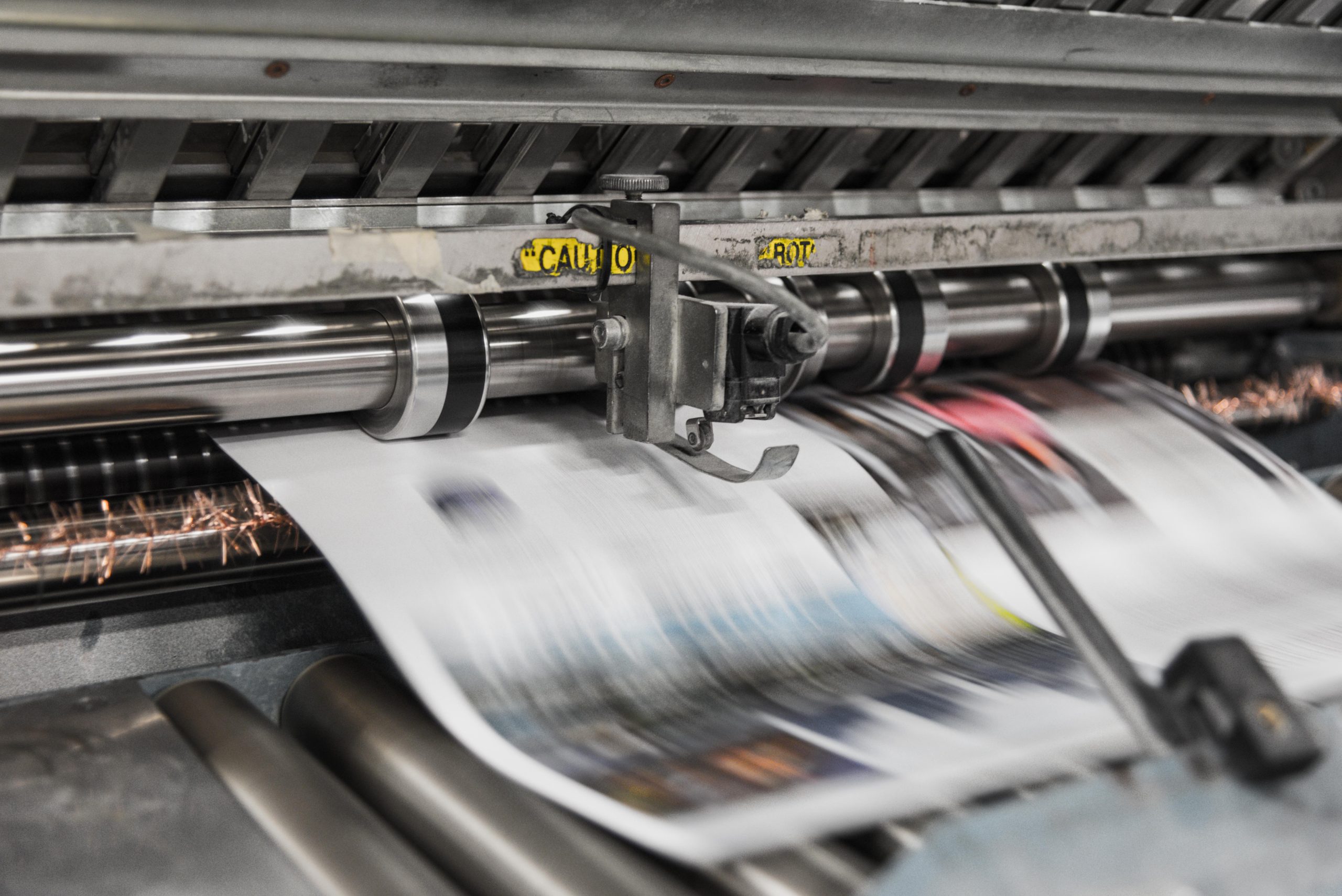Today is the day the headline writers at the Daily Express have been waiting for.
A chance for a record-breaking temperature in the UK, possibly getting as high as 40 degrees, is getting some people very excited. Funny what gets people excited. In other parts of the world, the weather is not a major subject of discussion, let alone the news. In this country however, it is as much a conversational staple as sports results, celebrity gossip and holiday plans.
Perhaps it is something to do with statistics. Putting a score on something so that it can be quantified and compared easily with other equivalent examples. I cannot say that this is an especially British characteristic, but the need to compare oneself with others is something that has been a visible thread in many aspects of life here.
We see it in education, health & social care, policing & crime. All aspects of public life seem to find their way onto some league table when data is pooled, and we find ourselves sandwiched between Finland and Venezuela in terms of how many people per thousand tie their left shoelace first. Far be it for me to suggest that data is not important. Indeed, it literally controls what we see these days, but for many businesses and individuals, it can become a distraction to what you can plainly see in front of your own eyes.
When we start an enterprise, we are very connected to every aspect of it. Each interaction is never more than a few steps removed from our direct involvement and it means we get to experience it more personally. The larger an organisation gets, the greater the distance between the customer experience and the decision makers. Data is used to tell leaders what is happening on the shop floor. And this is a crucial difference. Data requires interpretation, while experience is visceral and requires us to observe, listen and feel. These are deep seated, natural reactions that are not learnt.
Time to put your customer shoes on and consider two similar experiences. One, you are in a queue for coffee at a major high street chain, being served your beverage of choice (from an impossibly long menu), by a highly trained, well-practiced barista. You move through the process, have a single-serving conversation themed by one of the afore-mentioned topics, and leave. And two, you are in a queue at a food truck. One of those owner-operator concerns which has a limited menu and a wobbly sign. You are served by said owner, who is busily, smilingly, going about their task, ordering teenage support staff about, carefully preparing your order. There may be conversation, there may not. You take your order and move off to munch.
Option one is informed by a rich bank of data, investor finance and corporate governance. Option two is a business trying to succeed by doing what it loves to do. Both experiences may be good, great even in their own way.
Now consider this. Switch places and become the business owner. In option one, you are nowhere to be seen. Looking over spreadsheets, interpreting data, planning, and strategizing. In option two, you are living it, experiencing it, making it all happen. Which do you prefer?
Oftentimes we get excited about growth, development, expansion. For some people and some businesses, this is absolutely the right thing to do. But maybe not for everyone. When you think about your future in business, do you think about why you are doing it? The rules of the game are not the same for everyone. It is up to each person to do what is right for them and that starts with being honest with yourself about what you really get excited by. What is it that gets you up in the morning? What is it that makes you want to work? Indeed, is it even work for you? What do you really want to be doing all day?
Join us for our next event: Real Ideas, Real Business – Is it all about the data?
If you are business or entrepreneur who recognises change in your sector, come along and discuss issues and challenges in a group setting.
This week, we will be discussing growth and development.
For all people in business, it is important to know why you are doing what you are doing. Is it your intention to a global player, influencing trends and patterns on the world stage? Or do you want to have local impact and a real connection with your immediate community.
In this conversation, we will talk about our skillsets, mindsets and attitudes and about how these influence the kind of business that you will be most effective in.

